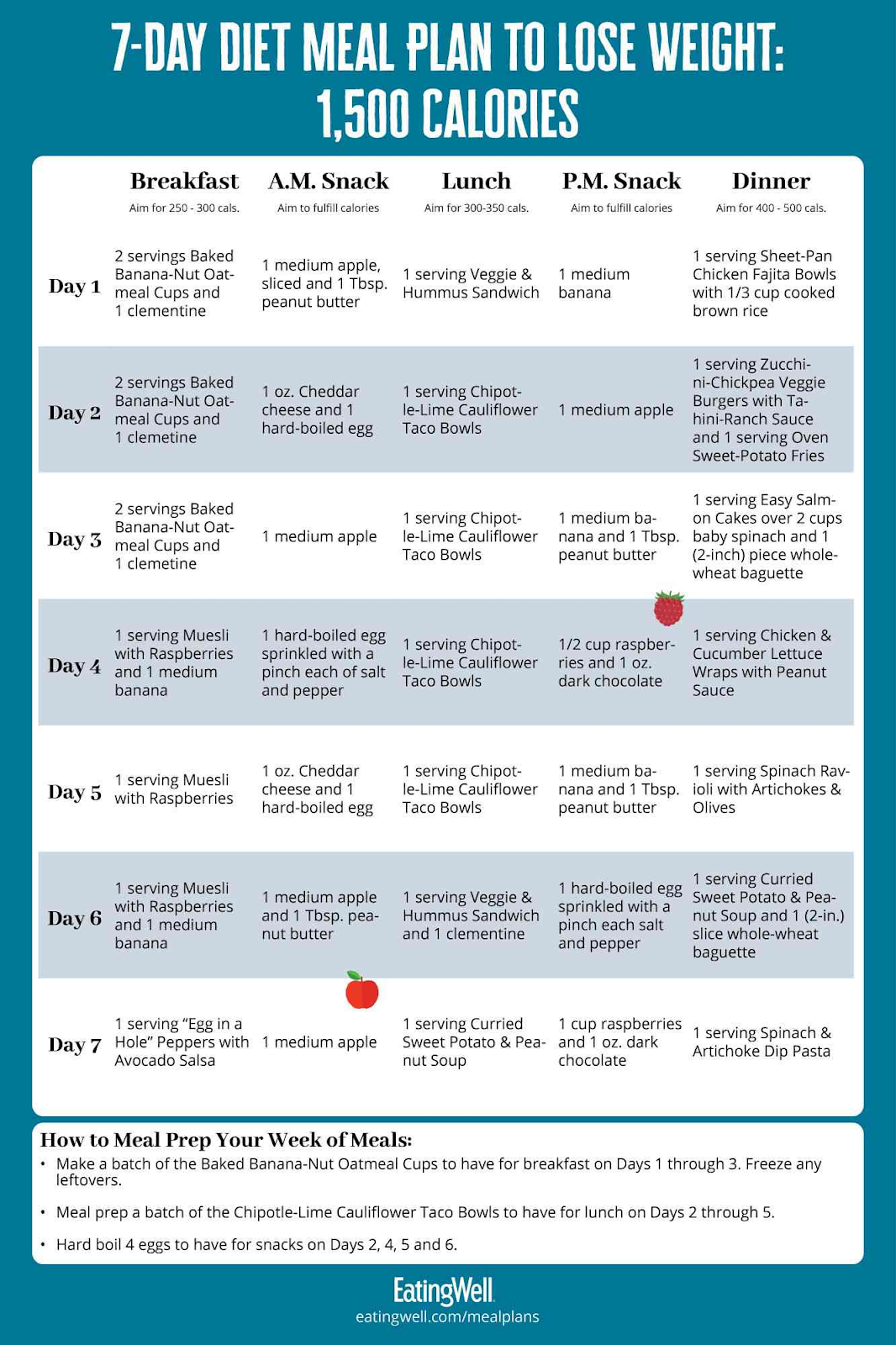HOW TO LOSE WEIGHT FAST
Sure, I can help you with an essay on "How to lose weight fast." Losing weight can be a common goal for many people, but it's important to approach it in a healthy and sustainable way. Here are a few key tips to include
Many experts say that it is best to lose weight gradually. More likely it will stay away. If you lose weight too quickly, you lose muscle, bone and water instead of fat, says the Academy of Nutrition and Dietetics.
Academic advice: Aim to lose 1 to 2 pounds per week and avoid fad diets or products that make promises that sound too good to be true. The best way to lose weight is to make changes that you can stick with over time. For fast results, you need to work with your doctor to make sure you stay healthy and get the nutrients you need.
Make a plan
You've probably heard the saying "calories in, calories out" - as the saying goes, you just need to burn more calories than you eat and drink. But it is not as easy as many people can tell you from experience.
Diet and exercise are important for weight loss. In the world all exercise help you lose weight if your diet is good. But research shows that exercise has many benefits for your body and mind, whether you're trying to lose weight or not.
Your metabolism—how well your body converts calories into fuel—counts. You slow down your metabolism, which can cause some nutritional deficiencies.
There are many ways to cut calories too much.
You could:
Cut the parts. Find out how many calories you consume in a typical day and cut back. Read food labels to find out how many calories are in each serving. Drink more water so you won't be so hungry. Whichever method you use, you need to focus on good-for-you foods like vegetables, fruits, whole grains and lean proteins to ensure good nutrition. But there is no one-size-fits-all healthy eating plan. It's a good idea to work with a nutritionist to create a plan that meets your specific needs. And once you've created a healthy weight loss plan, it's important to stick to it. To be healthy and stay healthy, the trend must continue - not just for a week or a month, but for a long time.
1. Set realistic goals: It's important to set achievable and realistic weight loss goals. Rapid weight loss can be detrimental to your health, so aim for a gradual and steady approach.
2. Balanced diet: Focus on consuming a balanced diet that includes a variety of fruits, vegetables, lean proteins, whole grains, and healthy fats. Avoid crash diets or extreme restrictions, as they can lead to nutrient deficiencies.
3. Portion control: Pay attention to portion sizes and practice mindful eating. Be mindful of your body's hunger and fullness cues, and avoid overeating.
4. Regular exercise: Incorporate regular physical activity into your routine. Engage in a mix of cardiovascular exercises, strength training, and flexibility exercises to promote overall fitness and weight loss.
5. Stay hydrated: Drink plenty of water throughout the day to stay hydrated and support your body's functions. Water can also help you feel fuller, reducing the chances of overeating.
6. Get enough sleep: Aim for adequate sleep each night, as lack of sleep can disrupt your metabolism and contribute to weight gain.
7. Seek professional advice: If you're struggling with weight loss or have specific health concerns, consider consulting with a healthcare professional or registered dietitian for personalized advice and guidance.
8. Cut back on processed foods :Limit your intake of processed and sugary foods, as they tend to be high in calories and low in nutritional value. Focus on whole, unprocessed foods for a healthier diet.
9. Increase protein intake :Including more protein in your meals can help you feel fuller for longer and support muscle growth. opt for lean sources of protein such as chicken, fish, tofu, and legumes.
10. Mindful eating: Pay attention to your eating habits and practice mindful eating. Slow down, savor each bite, and listen to your body's hunger and fullness cues.
11.Stay consistent: Consistency is key when it comes to weight loss. Stick to your healthy eating and exercise routine, even on days when you may not feel motivated. Small, consistent efforts can lead to long-term success.
12. Manage stress: Stress can impact your weight and overall well-being. Find healthy ways to manage stress, such as practicing meditation, engaging in hobbies, or spending time with loved ones.
Remember, it's important to prioritize your health and well-being over quick fixes. Consult with a healthcare professional or registered dietitian for personalized advice and guidance tailored to your specific needs.
Got it! Here are a few more tips to help you with your weight loss goals:
In addition to incorporating high-intensity interval training (HIIT) workouts and cutting back on processed foods, it's important to focus on overall healthy habits. Make sure to include a variety of fruits, vegetables, whole grains, and lean proteins in your diet. Stay hydrated by drinking plenty of water throughout the day. Don't forget to listen to your body's hunger and fullness cues and practice mindful eating.
Consistency is key, so try to stick to your healthy eating and exercise routine. It's also important to take care of your mental well-being by managing stress through activities like meditation or spending time with loved ones.
should you run?
You might think that fasting is a quick way to lose weight. But it's better to create a diet plan that you can stick to over time and that fits your lifestyle.
More research is needed to know if fasting is safe in the long term. Most studies on the effects of intermittent fasting have been conducted in overweight, middle-aged adults. More research is needed to determine whether it is safe for older or younger people or people of a healthy weight.
Not all fasts are the same. Some contain all the food in between. There is also fasting, where you eat every second day. Not much research has been done on how well intermittent fasting works long term.
Remember That
Remember, everyone's journey is unique, and it's always a good idea to consult with a healthcare professional or registered dietitian for personalized advice and guidance.
You've got this! Keep up the great work






No comments:
Post a Comment
👍👍👍👍